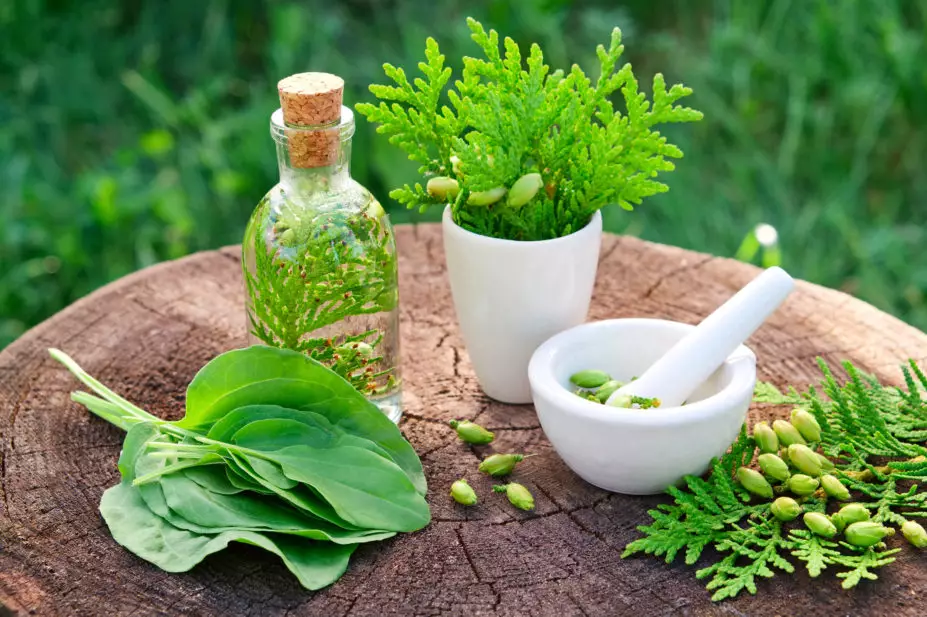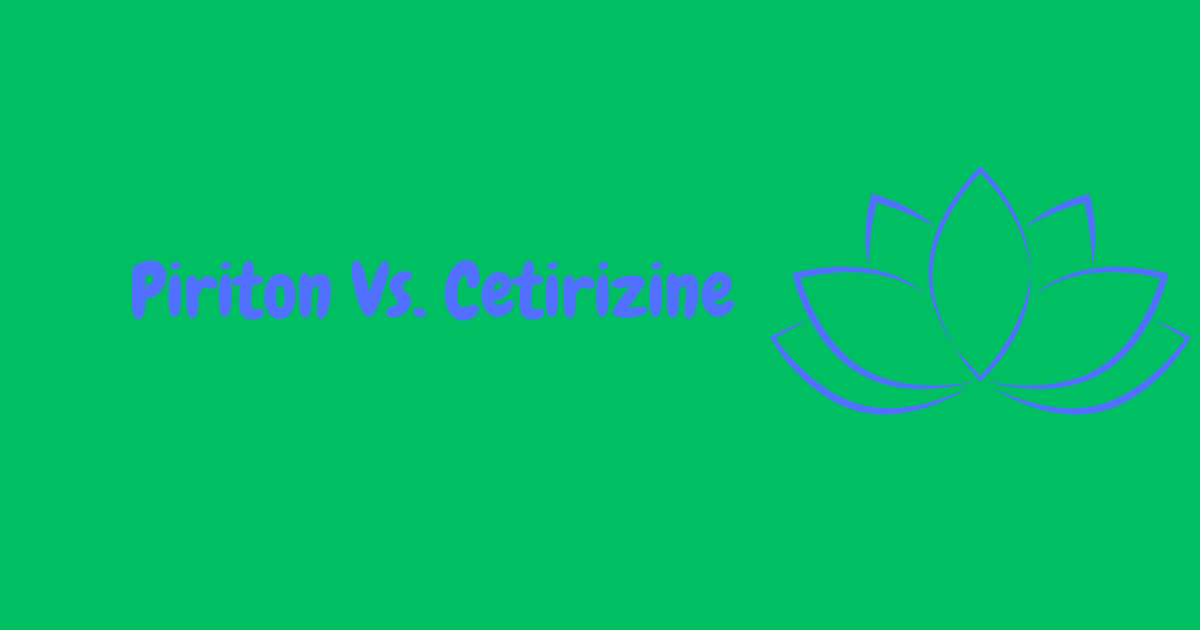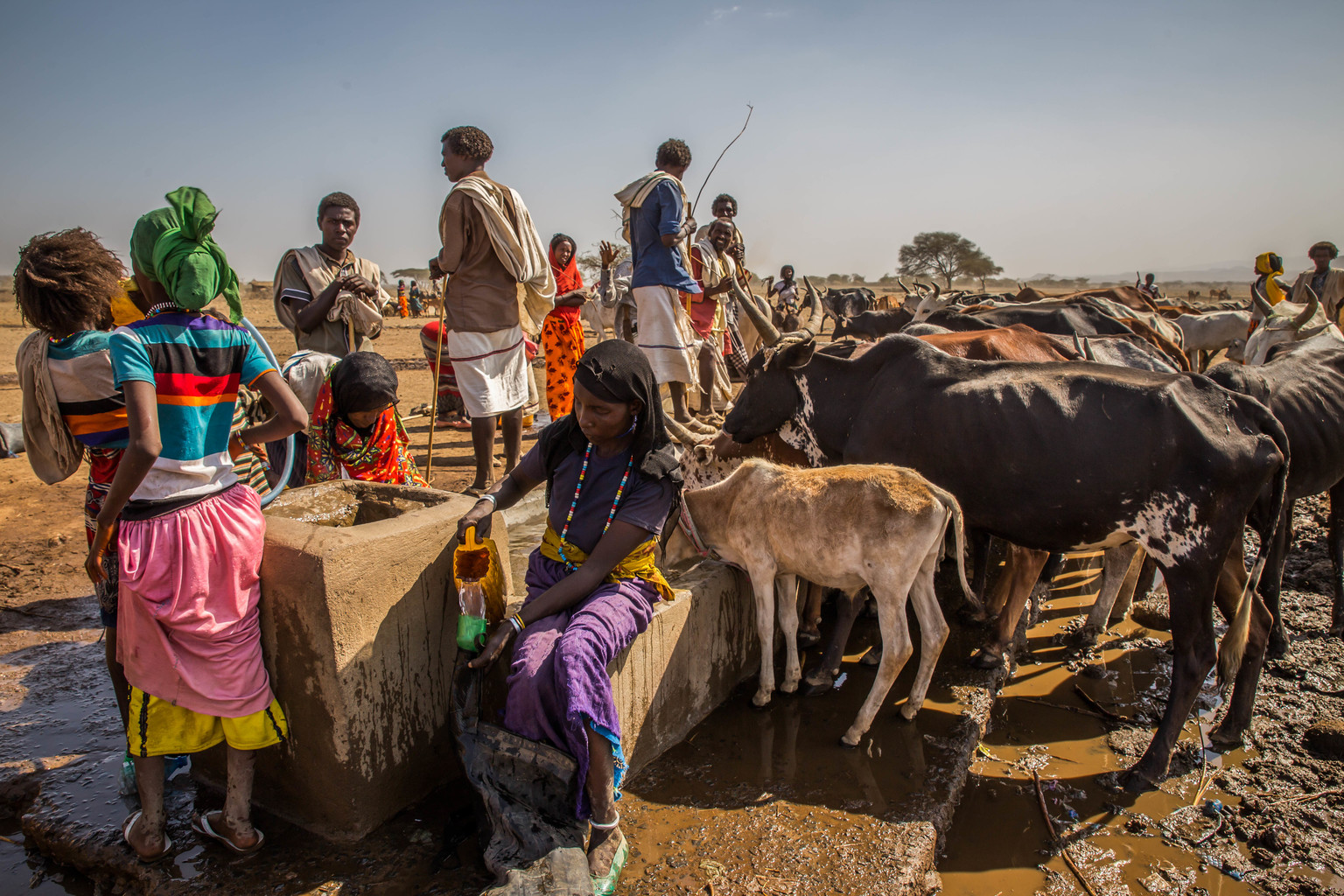In the vibrant heart of Kenya, an ancient practice is experiencing a powerful comeback. It’s not a new trend, but a living tradition: herbal medicine. Far from being a relic of the past, this traditional form of healing is deeply woven into the fabric of Kenyan life, blending culture, community, and the very land itself.
For generations, Kenyans have relied on the wisdom of traditional healers, known as “waganga” in Swahili. These practitioners are much more than just herbalists. They are custodians of a rich body of knowledge passed down through oral tradition. They understand the potent properties of local plants, barks, roots, and leaves, and know exactly how to prepare them to treat a vast array of ailments. From common colds and digestive issues to managing chronic conditions like diabetes, their remedies are as diverse as Kenya’s stunning flora.
The Enduring Appeal of Natural Healing
The enduring appeal of herbal medicine is easy to understand. For many in rural areas, traditional healers are the most accessible and affordable healthcare providers. With a far lower doctor to patient ratio than is ideal, a significant portion of the population turns to these trusted practitioners first. The bond between a healer and their client is often personal, built on a foundation of community trust and shared cultural understanding. Payment might even be made in kind, a testament to the system’s flexibility.
Modern Challenges and a New Path Forward
But the world of herbal medicine is also evolving. As urbanization encroaches and forests shrink, the challenge of sustainable harvesting has become a real concern. This has led to a growing movement to cultivate medicinal plants in dedicated farms and nurseries. Organizations are also working with traditional healers to document their knowledge, ensuring it’s preserved for future generations.
Meanwhile, a more formal and commercial market is emerging. The Kenyan government is beginning to establish regulatory frameworks for herbal products, with the goal of ensuring safety and efficacy. This is a crucial step in bridging the gap between traditional practices and modern science. Researchers at institutions like the Kenya Medical Research Institute (KEMRI) are studying the medicinal properties of local plants, aiming to validate their effectiveness and potentially develop new pharmaceuticals.
This convergence of old and new is creating a dynamic space. While some Kenyans are drawn to commercially packaged herbal supplements, others still prefer the direct, personal touch of a traditional healer. The conversation is no longer about one system replacing the other, but rather about how traditional herbal medicine can be integrated into mainstream healthcare. By blending indigenous wisdom with scientific scrutiny, Kenya is forging a unique path forward, one that honors its heritage while embracing the potential for natural healing in the modern world.











Leave a Reply